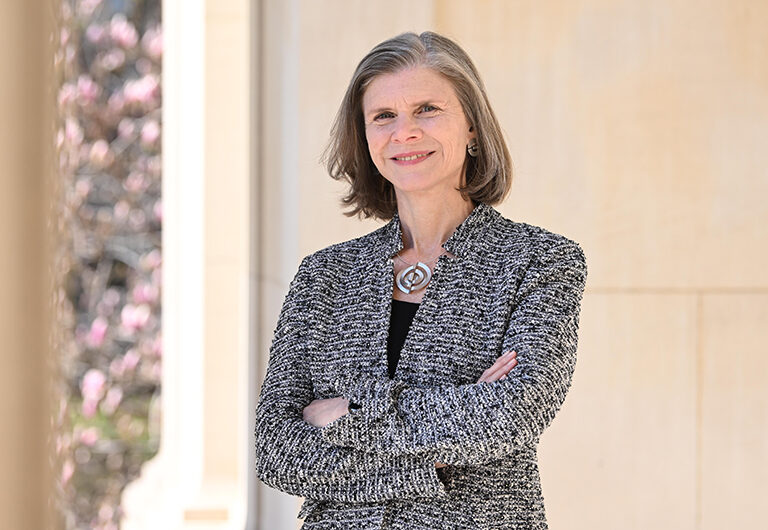What attracted you to Columbia University and the job of Provost?
What attracted me to Columbia was President Shafik and her vision of Columbia’s leadership in academic excellence in research and teaching, in global and local engagement, and in tackling the hardest problems of today and the future, including climate change, artificial intelligence, and mental health. I inherited my father’s passion and admiration for The Great American University. I’m eager to contribute my small part to developing and preserving the greatness of American universities, and to growing this extraordinary institution.
What are you looking forward to about living in New York City?
New York City is the economic, cultural, and intellectual capital of the planet, and it has more to offer than I possibly have time to enjoy. I look forward to spending time with family and friends who live in the city and engaging with the Columbia community and its connections to the city in all of the fields of intellectual discovery and exploration. I’m excited to explore the city through the eyes of the University.
Tell us about your childhood.
I was born in Boston when my father was studying for his PhD at MIT. Then my mother, who was pregnant with my sister, decided to go back to Brazil, to have the support of her family. I was 2 years old, so I grew up in Rio de Janeiro, and enjoyed the beaches and riding horses in the mountains near Rio. Riding the waves was part of my childhood in Rio and I love to go back and breathe the maresia—the sea air. When I was in fifth grade my siblings and I moved with my mother to Brasilia, where I went to middle and high school during the military dictatorship. I came back to Rio to do my undergraduate studies at the Pontifical Universidade Catolica, or PUC, where I entered the university at 16 and learned a lot about physics. I also learned how to engage and lead students to protest the dictatorship and fight for democracy.
There will be a total solar eclipse on Monday, April 8, that will cross North America, passing over Mexico, the United States, and Canada. How do you plan to experience it?
I’m driving with friends to Vermont, to experience the totality of the eclipse, when the sun will be blocked almost completely by the moon. When that happens, you can see amazing things, the change in the weather—it gets cooler fast—the light changes and even animals change behavior. It’s quite an exciting event. The pearl necklace or the diamond ring around the moon, that little bit of the sun, makes for beautiful images if the weather permits. The sun’s corona is also an amazing sight. It’s worth the many hours’ drive and likely the big traffic jam on the way back home. A total eclipse is worth the effort. Even the partial eclipse here in New York City will be worth a break in people’s daily lives—but please wear certified eclipse glasses!
Your husband, Sérgio Assad, is half of what critics consider the world’s leading classical guitar duo, with his brother Odair. Do you play an instrument? What do you like to do in your free time?
I used to play guitar until I met Sérgio. I very quickly donated my guitar and decided that listening to him play, especially his compositions, is a much better investment of my time. My husband and his whole family are incredible musicians. My stepdaughter, Clarice, is just unbelievable. She’s exploring new kinds of orchestral work, new ways of communicating music in the classical and Brazilian styles.
My own ongoing passion is to learn about visual arts. Some of my favorite artists are nearby in Chelsea galleries that I can now visit on weekends.
Tell us something that few people know about you.
I enjoy testing boundaries. Not just in science, but also in other ways. I explored the limits of my own body during a phase in which I was rock climbing, paragliding, bungee jumping, and parachuting. At my body’s request, I don’t do these extreme sports anymore, but I really enjoyed them. I would love to bungee jump again.
Source link

